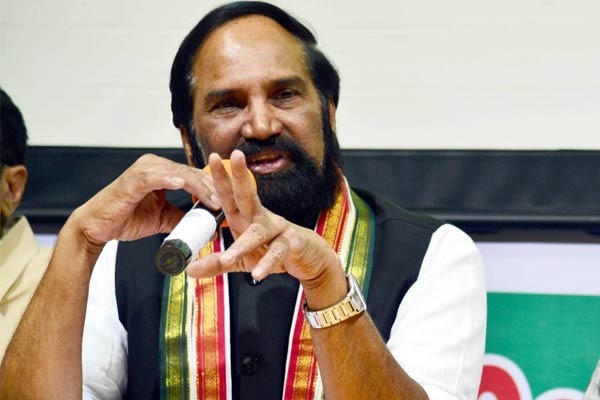Load despatch centres across the country have been told to be in high level of preparedness to counter any threat to power grid following sudden drop in demand when the country switches off electricity at their homes on the call of the Prime minister this Sunday night.
In letters written to independent power producers and central and state power transmission and distribution utilities, everyone to remain at high level of alertness to ensure smooth and safe operation of the grid before, after and during the blackout period. It is here that utilities have been asked to keep relays, capacitors and reactors serviceable so that any eventuality is handled quickly.
“…It is estimated that in case of switching off the lighting there will be a sharp 3000 MW load reduction phenomenon may occur in Uttar Pradesh in a very short duration of time. Reduction in above mentioned load may also cause a high voltage surge in the UP Power Grid,” UP State Load Despatch Centre wrote to distribution and transmission utilities emphasising to prepare ahead to ensure smooth operation of the grid.
Prime Minister Narendra Modi on Friday morning appealed for a 9-minute blackout at 9 p.m. on Sunday, urging citizens to light a lamp, candle or shine a mobile flashlight to dispel the darkness spread by the coronavirus.
The call immediately put the power sector managers across the country in a huddle to quickly devise a strategy to prevent the April 5 event from creating ground for a possible grid collapse and resultant blackout throughout the country. This was first reported by IANS on Friday.
Reacting to challenges that may pose during the blackout, Tamil Nadu Transmission Corporation has written to all engineers to be present in office on Sunday between 8 and 10.30 p.m. to handle any emergency. It has also asked staff at the transmission utility to monitor all capacitor bank for appropriate operation.
Country’s largest power transmission utility PowerGrid Corporation has also asked all regional transmission utility staff to remain on high alert during the period of blackout and all station in-charges and and senior level executives to be present in office.
Going a step further, UPLDC has also advised state distribution utilities to resort to load shedding in a staggered manner between 8-9 p.m. to prevent voltage from building in the grid following a sudden drop in load during blackout. Also generation from power producing units would be scheduled below the technical limit to reduce the load before the blackout.
Moreover, gas and hydro stations would also be asked to reduce generation. It is easier to switch off and on a hydro and gas based stations as it can be done in minutes against thermal stations that need much more time.
An official of PowerGrid Corporation, which operates the national grid of transmission network, said that though the situation calls for notice, it is not alarming and the grid operators are well prepared to handle sudden drop in power demand.
“Actually considering the need of pan India lockdown due to Covid-19 pandemic, peak demand in the country is already lower by about 20 per cent. So, the national and regional load dispatch centres are already grappling with low demand. A further drop on April 5, should not be a problem that can’t be handled with ease,” the official said.
As per power ministry data, on April 2, 2020, the maximum power demand met in the country stood at 1,25,817 ME, almost 20 per cent lower than April 2, 2019 figure of 1,68,326 MW.
India’s grid is connected as a wide area synchronous grid nominally running at 50 Hz. The permissible range of the frequency band is 49.95-50.05 Hz, as per CERC. The Union Government regulates grid frequency through national and regional load dispatch centres. States regulate intra-grids through State Load Despatch Center (SLDC).

































